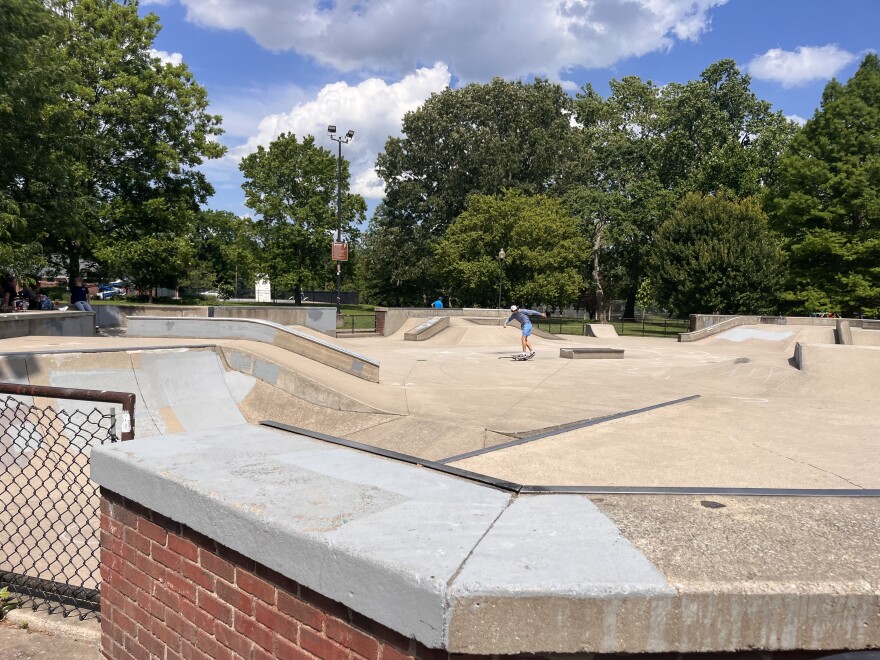The city scored high on park size with a median of 11.1 acres - more than double the national average of 5.4 acres. It also scored well on amenities serving youth, receiving high marks for basketball hoops and playgrounds. However, Lexington still fell below the national average on park access and park investment.
Alongside the ParkScore, the nonprofit also released a new research report, “The Power of Parks to Strengthen Community.” Bianca Clarke is the Trust for Public Land’s Parks Initiative Lead. She said the report shows that residents of cities with higher ParkScores are more likely to be socially connected and engaged with their neighbors.
"Residents of those cities are more likely to volunteer, are more likely to form friendships with people in different socioeconomic groups, and an increasing body of research indicates that those kinds of actions and relationship building can actually increase economic mobility, reduce net inequality, and lead to better physical and mental health," said Clarke.
In 2021, Lexington was one of the first seven cities to partner with the Trust for Public Land’s 10-Minute Walk Program, an effort to close the park equity gap and bring all residents within a 10-minute walk of a park by 2050. Since taking the pledge, Lexington has allocated $24 million toward park projects using American Rescue Plan Act (ARPA) funds. However, as those funds run out, the Trust for Public Land has partnered with the city’s Parks and Recreation Advisory Board and Trees Lexington to introduce a ballot initiative that would provide sustainable parks funding through a new property tax. The measure would collect just over 2.25¢ per every $100 on all taxable property, with the average homeowner contributing about $53 per year to the Parks Capital Fund.
"By establishing a park fund, Lexington will better be able to deliver high-quality recreational and outdoor opportunities close to people, where people live and work," said Clarke.
The parks sustainable funding initiative will be on the ballot this November.


